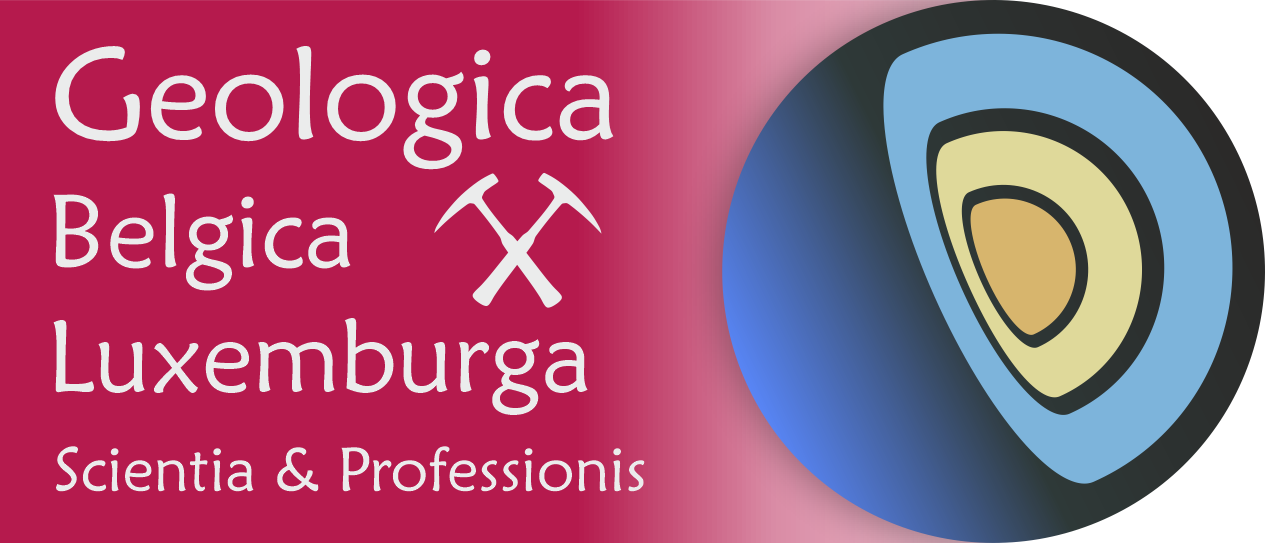Paleostress evolution in the Canadian Cordilleran foreland fold-and-thrust belt west of Calgary
Department of Earth Science and Engineering, South Kensington Campus, Imperial College London, London SW7 2AZ, United Kingdom
Department of Earth and Environmental Sciences, Section Geology, Katholieke Universiteit Leuven, Celestijnenlaan 200E, B-3001 Heverlee, Belgium
Institut Français du Pétrole, 1&4 avenue de Bois-Préau, 92852 Rueil-Malmaison Cedex, France
Geological Survey of Canada, 3303 – 33rd Street N.W., Calgary, Alberta
Institut Français du Pétrole, 1&4 avenue de Bois-Préau, 92852 Rueil-Malmaison Cedex, France
Abstract
A paleostress analysis was carried out on fault slip data collected at 13 sites distributed over a total of 135 km within the Canadian Rocky Mountains at a latitude of about N51º. Striae on brittle deformation structures were used to calculate paleostress states responsible for the observed deformation, and hence, to unravel the stress state evolution of the Cordilleran foreland fold-and-thrust belt in the study area. We identified five main paleostress states in the study area and interpret these as deformation events in the evolution of the foreland belt. Radial or pure (ENE-WSW) extension and oblique NE-SW to ENE-WSW compression were derived from back-tilted data and were probably active during an early stage. While radial extension may result from increasing burial in the absence of significant horizontal compression, the compression phase may correspond to Middle Jurassic to Late Cretaceous tectonic convergence along the western border of the North American craton. The other three paleostress states include (i) NE-SW to ENE-WSW compression, (ii) compressional NE-SW or pure strike-slip and (iii) pure or strike-slip extension or extensional strike-slip. The NE-SW to ENE-WSW compression and compressional or pure strike-slip phase correspond to the main tectonic compressive stress during Laramide orogeny, consistent with the stress field that caused the macrostructural thrust faults. The final extensional phase may relate to the Eocene regional extensional tectonics.

